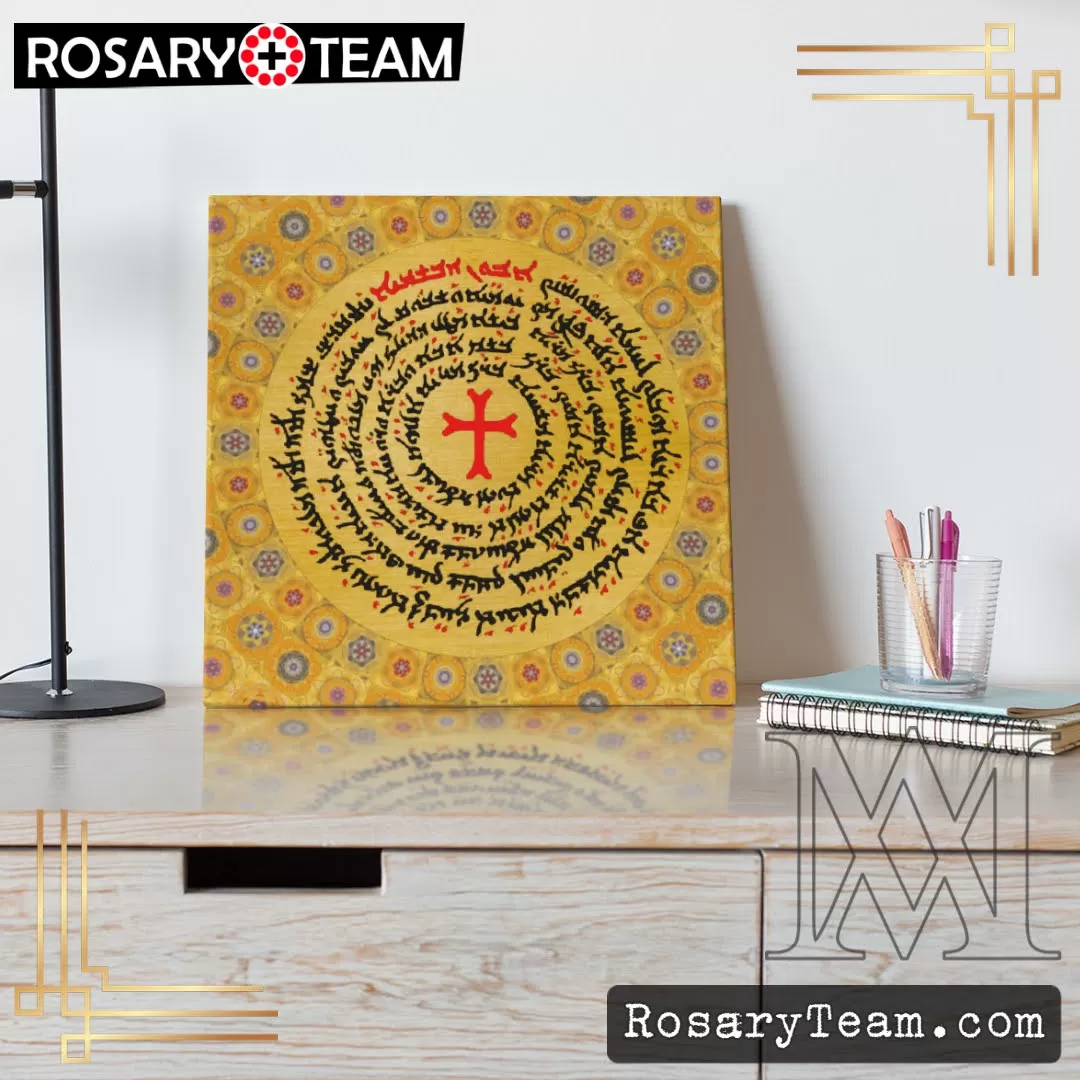Sunday, October 23 : Catechism of the Catholic Church

Faith is a grace.
When St. Peter confessed that Jesus is the Christ, the Son of the living God, Jesus declared to him that this revelation did not come “from flesh and blood,” but from “my Father who is in heaven.” (Mt 16:17) Faith is a gift of God, a supernatural virtue infused by him. “Before this faith can be exercised, man must have the grace of God to move and assist him; he must have the interior helps of the Holy Spirit, who moves the heart and converts it to God, who opens the eyes of the mind and ‘makes it easy for all to accept and believe the truth.’” (Vatican II, DV 5) Faith is a human act.
Believing is possible only by grace and the interior helps of the Holy Spirit. But it is no less true that believing is an authentically human act. Trusting in God and cleaving to the truths he has revealed are contrary neither to human freedom nor to human reason. Even in human relations it is not contrary to our dignity to believe what other persons tell us about themselves and their intentions or to trust their promises (for example when a man and a woman marry) to share a communion of life with one another. If this is so, still less is it contrary to our dignity to “yield by faith the full submission of … intellect and will to God who reveals,” (Vatican I) and to share in an interior communion with him. In faith, the human intellect and will cooperate with divine grace: “Believing is an act of the intellect assenting to the divine truth by command of the will moved by God through grace.” (St. Thomas Aquinas)
maronite readings – rosary,team
















